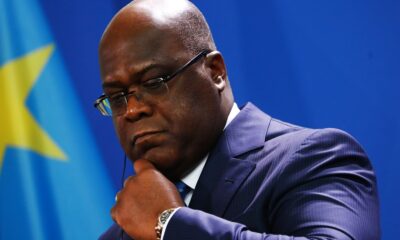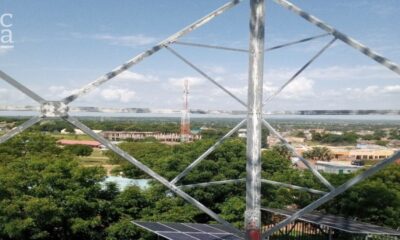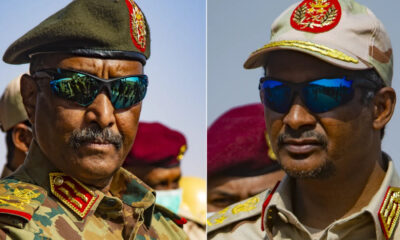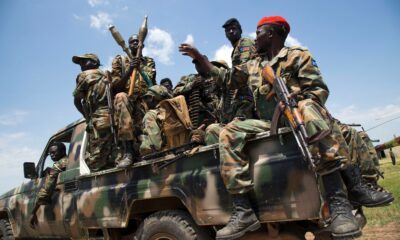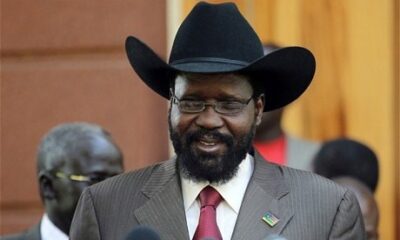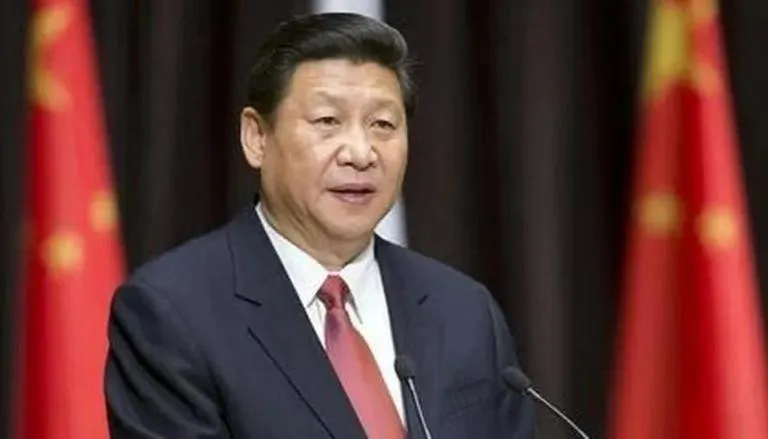Catholic pontiff, Pope Francis, on Sunday, apologised to the people of the Democratic Republic of Congo and South Sudan, over his cancelled visit to the two African countries because of his bad leg and walking problems, and said he was hopeful his condition would improve and he would still embark on the visit at a later date.
The Vatican had announced on Thursday that the visit which was scheduled for July 2-7 had been postponed indefinitely because of the 85-year-old pontiff’s knee ailment, which forced him to use a wheelchair for more than a month or manage to walk around with the help of aides.
The Vatican said the trip was postponed “in order not to jeopardize the results of the therapy that he is undergoing for his knee”.
Vatican officials had also said the Pope has been receiving several injections a week for the ailment, as well as physical therapy, and that he had hoped to be able to regain at least a partial ability to walk before the trip was due to start.
In an address before thousands of faithful at the St. Peter’s Square at the Vatican on Sunday, the Pope said he regretted disappointing the Sudanese and Congolese Catholics who were looking forward to the trip.
“I feel great regret that I had to postpone this trip, which I am still very keen to make.
“I ask you to pardon me for this. Let us pray together that with the help of God and with medical treatment, I can come to you as soon as possible. We are hopeful,” he said, directly addressing the people and authorities of both countries.
Referring to his ailment which is believed to be a torn ligament, as “problems with my leg”, Pope Francis said he also suffers from sciatica which caused him to limp even before the flare-up of the knee problem.

 Sports2 days ago
Sports2 days ago
 Metro2 days ago
Metro2 days ago
 Metro1 day ago
Metro1 day ago
 Culture2 days ago
Culture2 days ago

